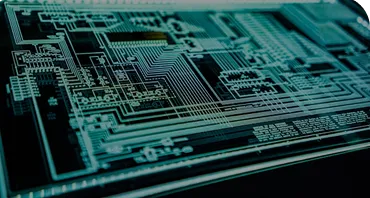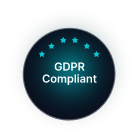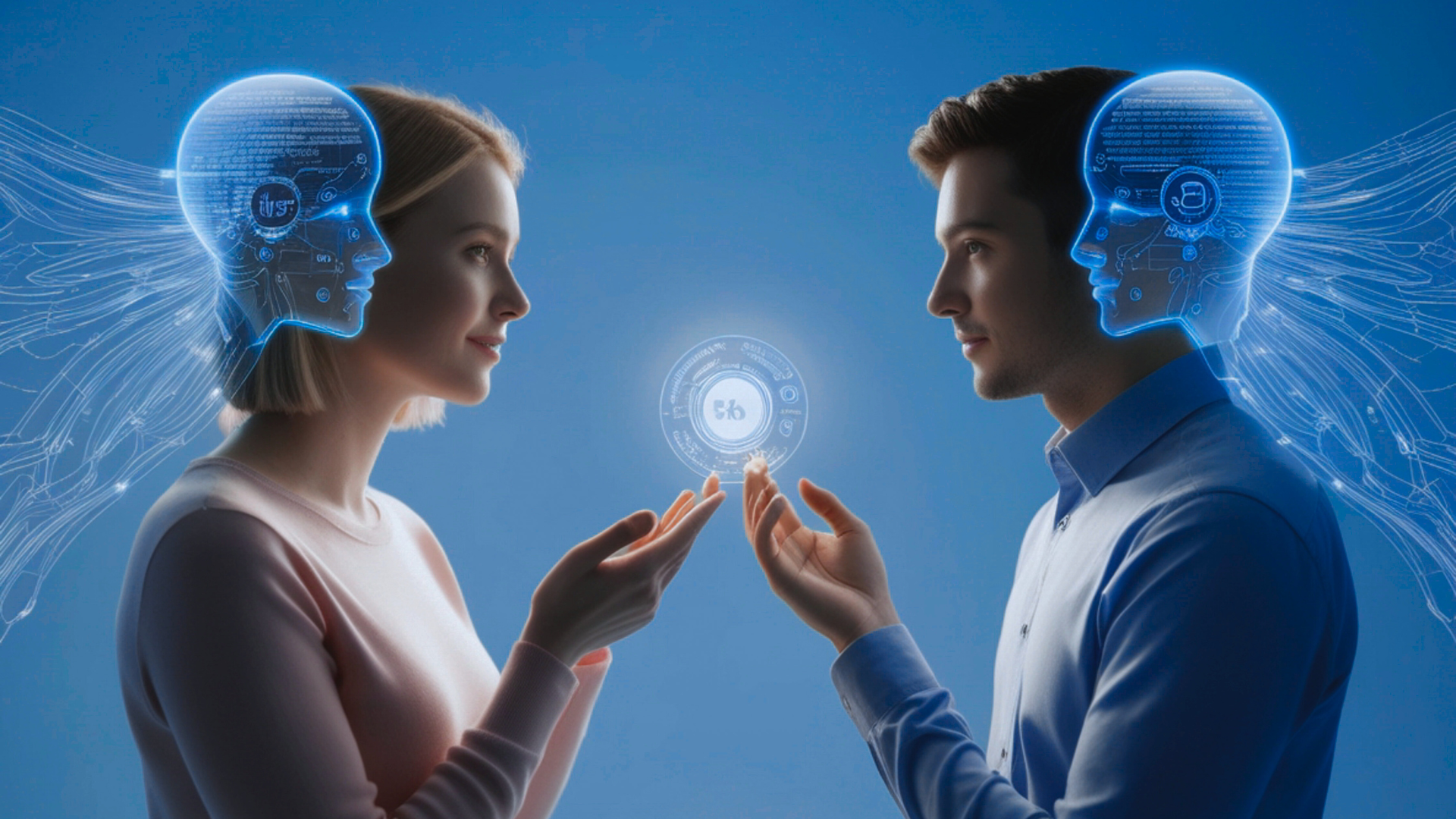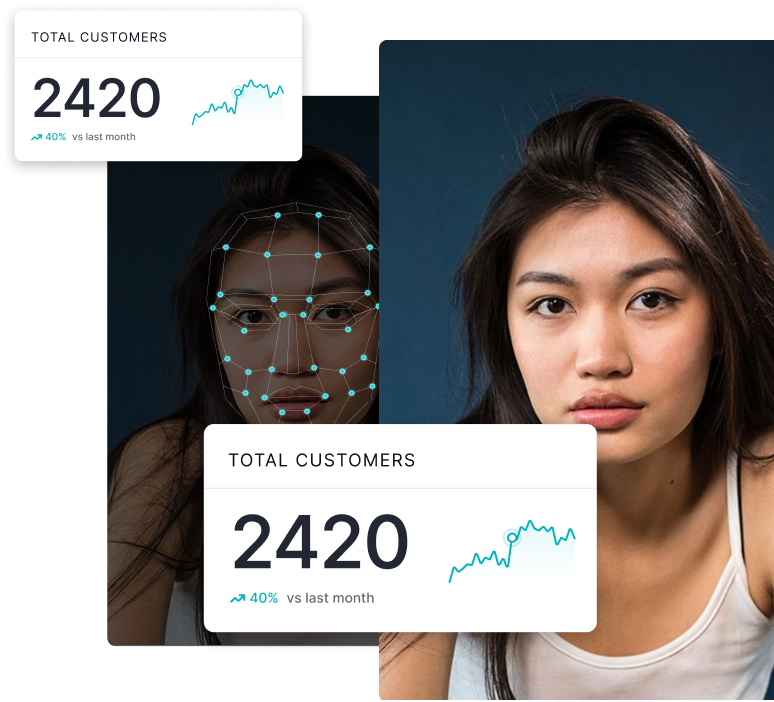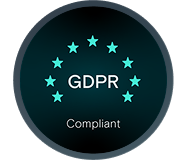Technology
Solutions
Company

Hear our story
At DuckDuckGoose, our mission is to realize a digital environment where we can trust what we perceive online, and thus we deliver groundbreaking
Read our story

Resources
Resources
- Equity managementCaptable managementTrack, issue, and report equity with a single source of truth for founders, investors, and employees.409A ValuationsIndependent, audit-ready valuations from qualified experts — no shortcuts, no surprises.Stock Option ManagementDesign, manage, and communicate employee stock plans with clarity and confidence.Financial Reporting (ASC 718)Generate audit-ready, compliant expense reports with trusted valuation models.Equity Compensation AdvisoryTailored guidance to design equity strategies that align with your company’s goals and stage.Tender OffersEnable structured liquidity events for employees and early stakeholders without losing control.BlogsAt DuckDuckGoose
- Fund managementCase studyAt DuckDuckGoose
- Fund managementNewsAt DuckDuckGoose
- Fund managementWhitePapersAt DuckDuckGoose
- Fund managementWhitePapersAt DuckDuckGoose


- By IndustriesBy Industries
- By Use CasesBy Use CasesBy use casesBy use cases
Resources
- Equity managementCaptable managementTrack, issue, and report equity with a single source of truth for founders, investors, and employees.409A ValuationsIndependent, audit-ready valuations from qualified experts — no shortcuts, no surprises.Stock Option ManagementDesign, manage, and communicate employee stock plans with clarity and confidence.Financial Reporting (ASC 718)Generate audit-ready, compliant expense reports with trusted valuation models.Equity Compensation AdvisoryTailored guidance to design equity strategies that align with your company’s goals and stage.Tender OffersEnable structured liquidity events for employees and early stakeholders without losing control.BlogsAt DuckDuckGoose
- Equity managementCaptable managementTrack, issue, and report equity with a single source of truth for founders, investors, and employees.409A ValuationsIndependent, audit-ready valuations from qualified experts — no shortcuts, no surprises.Stock Option ManagementDesign, manage, and communicate employee stock plans with clarity and confidence.Financial Reporting (ASC 718)Generate audit-ready, compliant expense reports with trusted valuation models.Equity Compensation AdvisoryTailored guidance to design equity strategies that align with your company’s goals and stage.Tender OffersEnable structured liquidity events for employees and early stakeholders without losing control.ROI CalculatorAt DuckDuckGoose
- Fund managementCase StudiesAt DuckDuckGoose
- Fund managementNewsAt DuckDuckGoose
- Fund managementReportsAt DuckDuckGoose
- Fund managementGlossaryAt DuckDuckGoose






